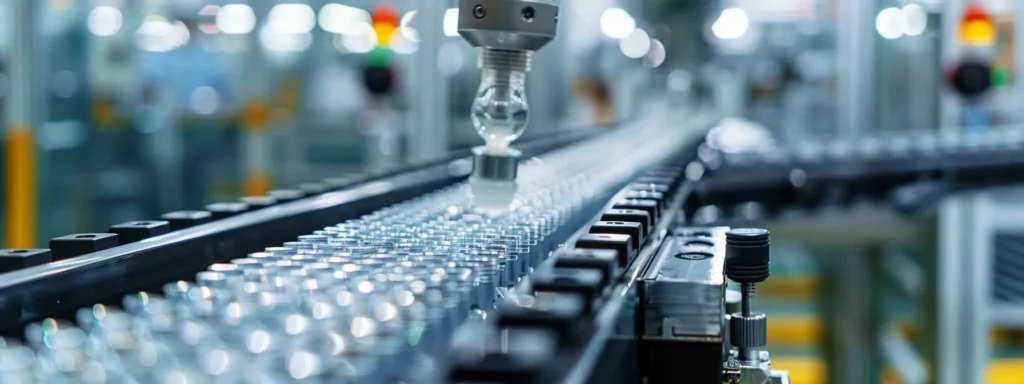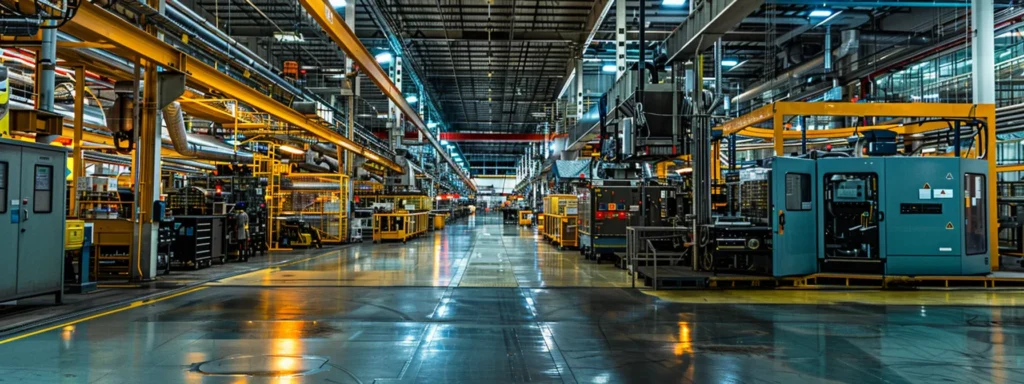In the vast and complex world of manufacturing, certain components play pivotal but often overlooked roles. Plastic plugs might seem like humble accessories, yet their significance cannot be overstated in ensuring the protection and finish of manufactured goods. They find applications across various industries, from automotive to aerospace, making them essential yet unsung heroes in production lines. In this article, we delve into the multifaceted world of these vital components, exploring their types, benefits, and innovations shaping their future.
Contents
Types of Plastic Plugs and Their Industrial Applications

Diversity in industrial applications calls for various types of plastic plugs, each suited to specific tasks. Tapered plugs are commonly used to protect against contaminants and moisture, especially during painting or coating processes. Threaded plugs, on the other hand, are integral in sealing threaded holes, often found in machinery or engine parts, to keep out debris.
Flange covers are another crucial type, designed to safeguard the flange surfaces and bolt holes of pipes and valves from damage and corrosive elements. Non-threaded push-in plugs provide ease of installation and are chosen for a swift fit without the need for tools. These variants among others make plastic plugs extremely adaptable to the needs of countless manufacturing scenarios.
Additionally, the design of plastic plugs often integrates ergonomic features such as tabs or handles for easier removal, reducing the effort and time needed for workers to manipulate them. This user-friendly focus means that the efficiency of production lines can be enhanced through the simple act of selecting the right type of plug for the job.
The Benefits of Using Plastic Plugs for Product Protection

There are numerous benefits to using plastic plugs within manufacturing, chief among them being superior product protection. By shielding components from environmental factors and handling damages, these plugs ensure that products reach customers in optimal condition. This is not merely about aesthetics; it also affects functional quality, particularly for parts that necessitate high precision or cleanliness.
Plastic’s resistance to a variety of chemicals makes these plugs ideally suited to environments where exposure to solvents, oils, and other harsh substances is common. This kind of durability ensures longevity in protective performance, which is vital for long-term storage or transport over great distances.
Furthermore, the lightweight nature of plastic reduces shipping costs, a benefit that compounds when considering the vast quantities of plugs used in the manufacturing sector. The less weight added by protection components, the more cost-effective the overall logistics become, making plastic an economically favorable choice.
Innovations in Plastic Plug Designs and Materials
Innovation in the design and material composition of plastic plugs is ongoing, with manufacturers seeking to offer better performance and additional features. As processes become more automated, plugs are being engineered for compatibility with robotic systems that require precision and consistency for fast, efficient installation.
Advances in polymer science are also leading to the creation of plugs that can withstand higher temperatures and more extreme conditions than ever before. This increases their applicability, especially in sectors like aerospace and automotive, where high-performance materials are a must.
Eco-conscious design principles are inspiring manufacturers to explore biodegradable plastics or materials derived from renewable sources. These initiatives not only reduce the carbon footprint of plastic plugs but also appeal to companies looking to improve their environmental stewardship.
How Plastic Plugs Enhance Efficiency and Reduce Costs in Production

Efficiency in manufacturing is about minimizing downtime and maximizing output. Plastic plugs contribute significantly to this equation by being quick to install and remove, simplifying maintenance and repair processes. Such streamlined operations lead to fewer interruptions and a sustained pace of production.
A reduction in costs is often closely linked with improved efficiency, and plastic plugs tick this box as well. Their relatively low cost, coupled with the protection they afford, can lead to massive savings by reducing the likelihood of damage-related rework or scrap. This ultimately impacts the bottom line in a favorable way for businesses.
Overall, plastic plugs are an essential component in the manufacturing process, yielding a multitude of benefits. Their role in protecting products, ensuring safety, and enhancing manufacturing efficiency outlines their indispensable nature. As the industry evolves, so too will the design and functionality of plastic plugs, promising even greater contributions to the sophisticated manufacturing landscapes of the future.










